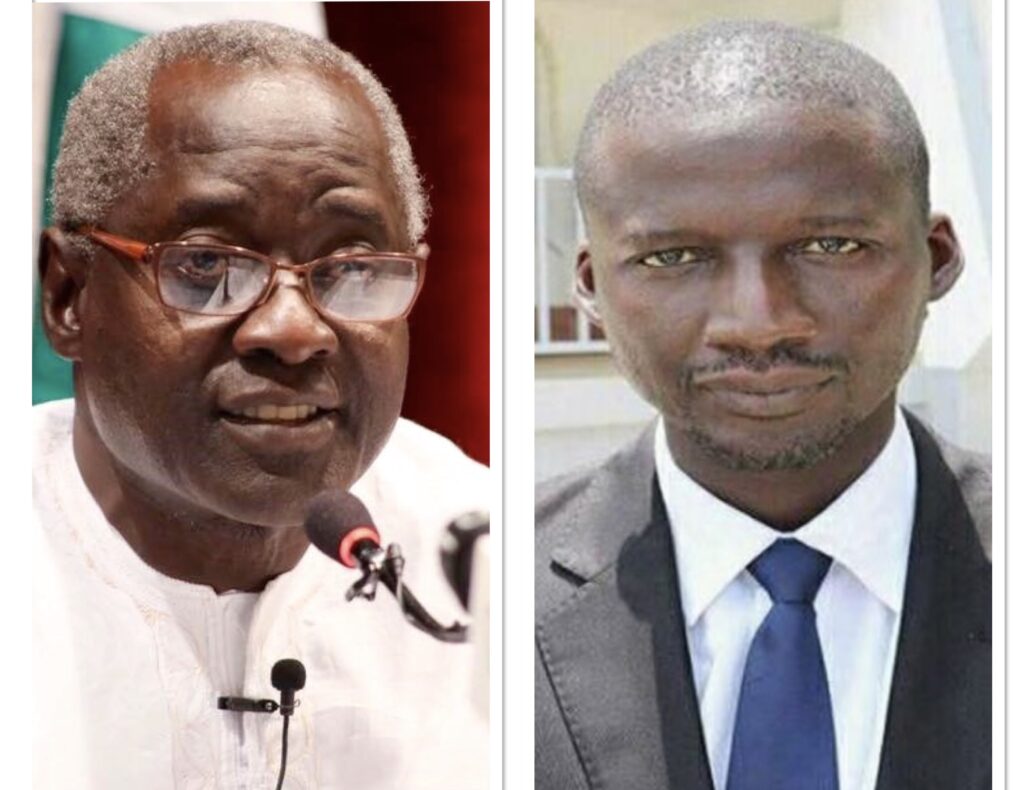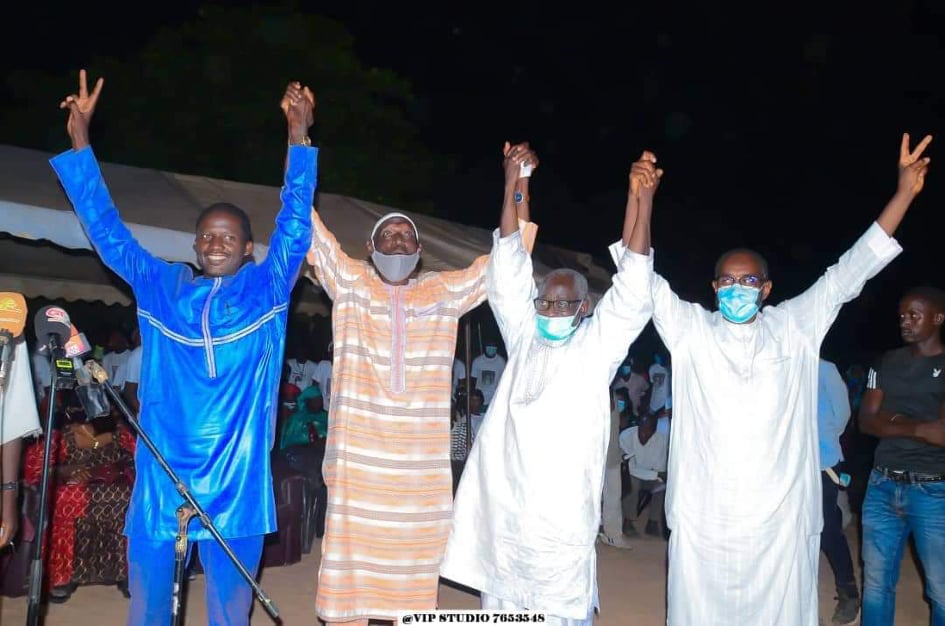
Veteran politician Halifa Sallah and Mamadi Kurang have offered contrasting views on the leadership and internal dynamics of the People’s Democratic Organisation for Independence and Socialism (PDOIS).
During a recent show on Eye Africa TV, Sallah responded to Kurang’s claims of a lack of engagement within the party, specifically addressing suggestions that he had not been open to concerns raised by members.
“I asked him if he has ever reached out to me one-on-one to express any doubts he has about the party,” Sallah said.
He continued: “Yes, I had a conversation with you. But I am asking, did you ever come to me directly?”
Reflecting on his past involvement in the 2016 political crisis, Sallah emphasised that his actions were not driven by personal recognition but by a commitment to the country’s liberation.
“Our agenda was to free this country from the shackles of injustice. President Barrow can attest that when the situation escalated to the point of life and death, I was the one in communication with him,” he said.
“We were not seeking to be called heroes. We were ready to risk our lives for the country,” Sallah added, although he expressed regret about the current state of the nation.

“If I had died and they named a street after me, I would have turned in my grave, because this is not the Gambia I envisaged. Still, I have no regrets about my efforts.”
On the subject of internal democracy within PDOIS, Sallah denied accusations of fear or suppression, stating, “there is no one in PDOIS who is sanctioned or stopped from asking questions. There is no fear among members. This is the first time I’m hearing such claims.”
He suggested that new members might not fully understand the party’s operations but reassured that no one had been silenced.
In stark contrast, Mamadi Kurang, criticised the centralisation of leadership within the party.
“If someone asks me whether PDOIS is about Halifa and Sidia, I’ll be frank: PDOIS is about Halifa,” Kurang stated, implying that the party has been overly dominated by its two key leaders.
He also noted that since the 2021 presidential election, Sallah’s presence in party activities has been limited.
“I stopped attending press conferences because any time we tried to organize an activity, someone would say, ‘this isn’t the PDOIS way,’” Kurang said.
Kurang recounted an instance when he was reportedly told by the Secretary to the Secretary-General that central coordinating members should not attend regional committee meetings, which he found “embarrassing.”
“It appears the honorable member makes and unmakes rules at will,” he remarked.
Further criticising the party’s internal structure, Kurang argued that while PDOIS has strong policies on paper, its administrative execution is flawed.
“It’s essentially a one-man administration, because whatever decision you make, it ultimately comes back to Halifa,” Kurang claimed, suggesting that decision-making within the party is overly centralised.
By Adama Makasuba










Recent Comments